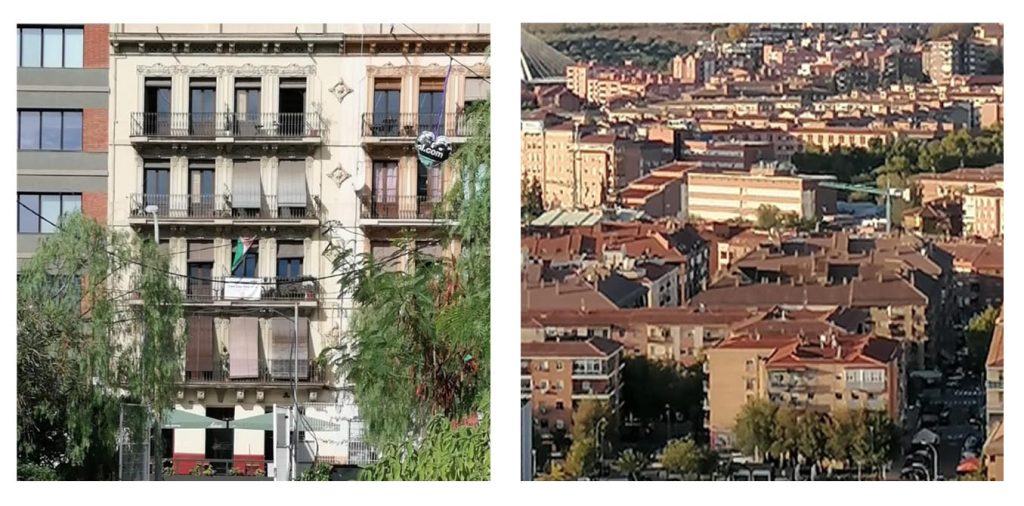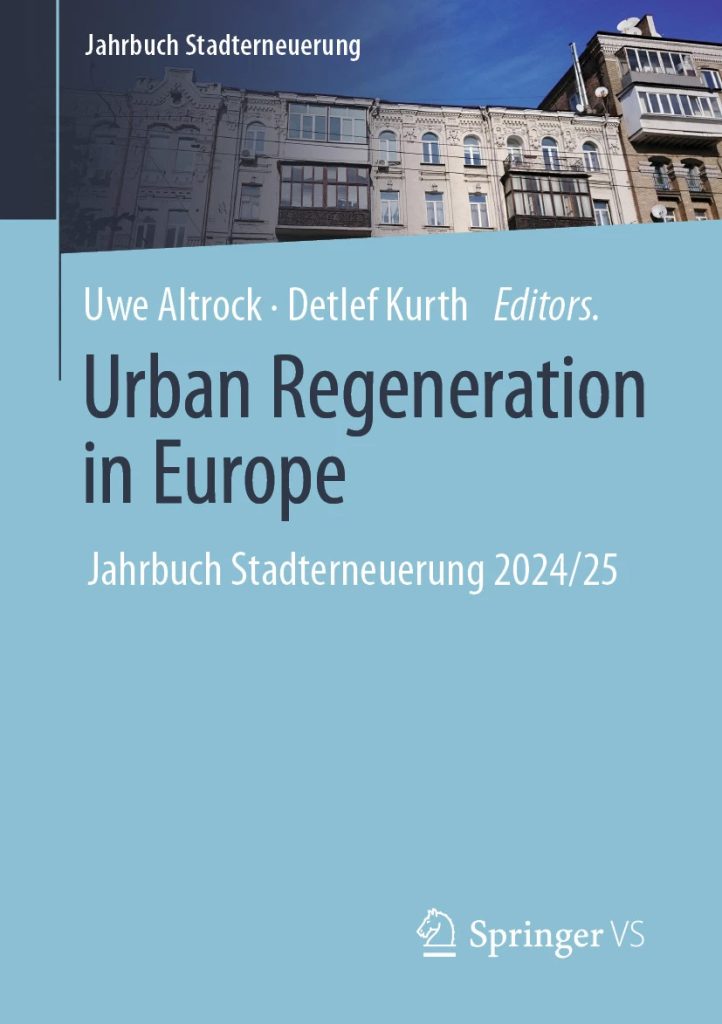Research

- Integrated Urban Regeneration
- EU, national, regional and local agendas and urban policies
- Urban dimension of Cohesion Policy for the post-2027 period
- Beyond participation approaches
- Adaptive urban transformation
New Research
01/12/24 “The regeneration or urban vulnerable neighbourhoods; an EU policy that matters?”
Research developed in the framework of the Jean Monnet Chair RegenEU reflects on the regeneration of vulnerable neighbourhoods under the EU urban policy. It has been recently published in the book “Urban Regeneration in Europe” edited by Uwe Altrock and Detlef Kurth

This work departs from studies that have stressed increasing vulnerability and a lack of urban regeneration in European Union (EU) cities in the programming periods 2007-2013 and 2014-2020 of the Cohesion Policy. In the context of the coming Cohesion Policy period in which innovative instruments will be crucial in addressing urban poverty and vulnerability – in line with that proposed by the European Green Deal -, this study demonstrates how urban regeneration has lost visibility and relevance in European Commission (EC) instruments and its related policy discourse through time, and how this has resulted in public stakeholders’ decreasing interest in urban regeneration and in weaker strategies being put into place in the programming period 2014-2020 of Cohesion Policy. The diachronic perspective adopted allows us to reveal the changing definition of the EU ‘urban problem’ from the end of the 1980s to the present moment, as well as the evolution of policy priorities; with vulnerable neighbourhoods being particularly identified as receiving insufficient attention. All this confirms the need to rethink and boost urban regeneration at EU level and integrate it as a specific objective of the Cohesion Policy for the period 2021-2027.

